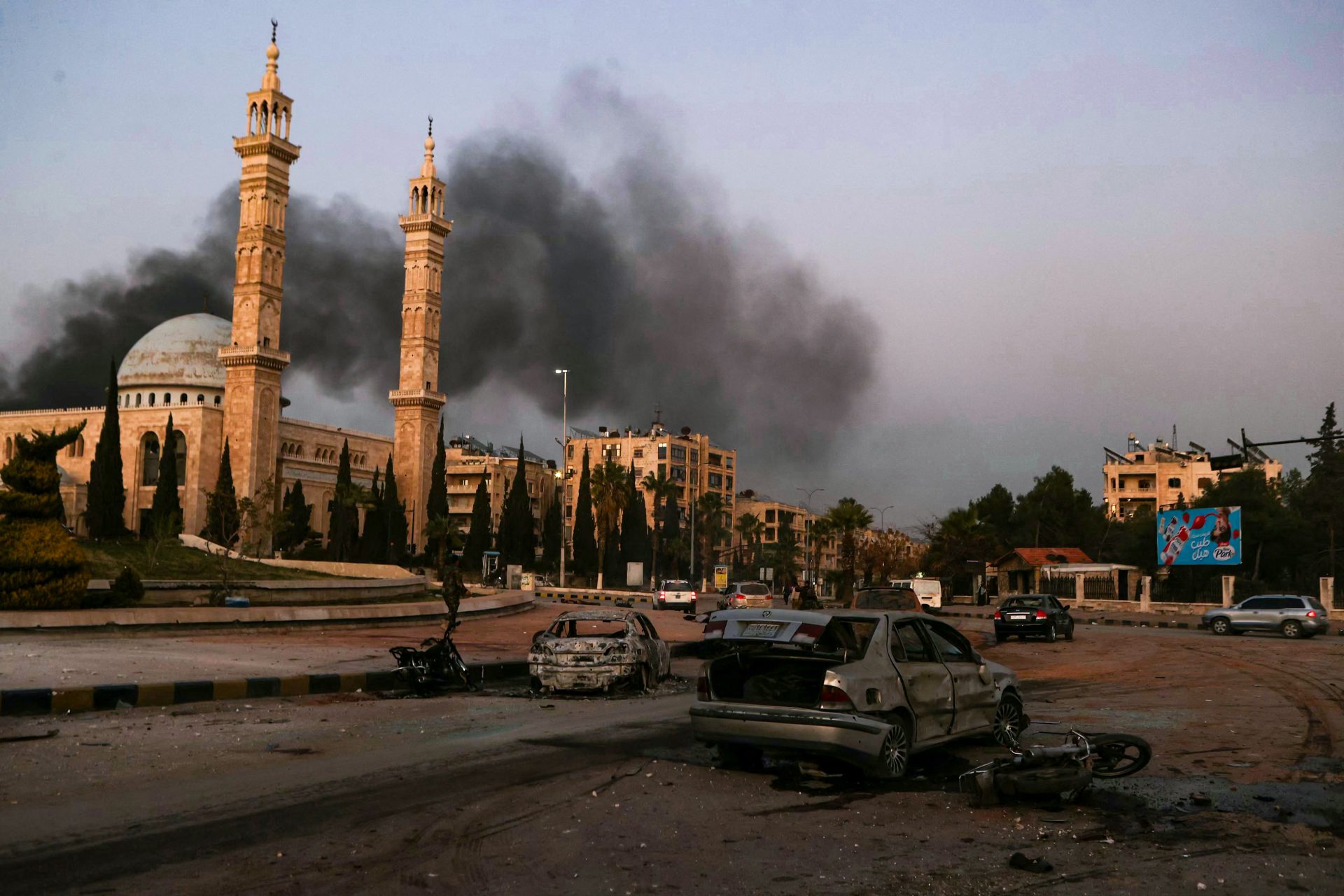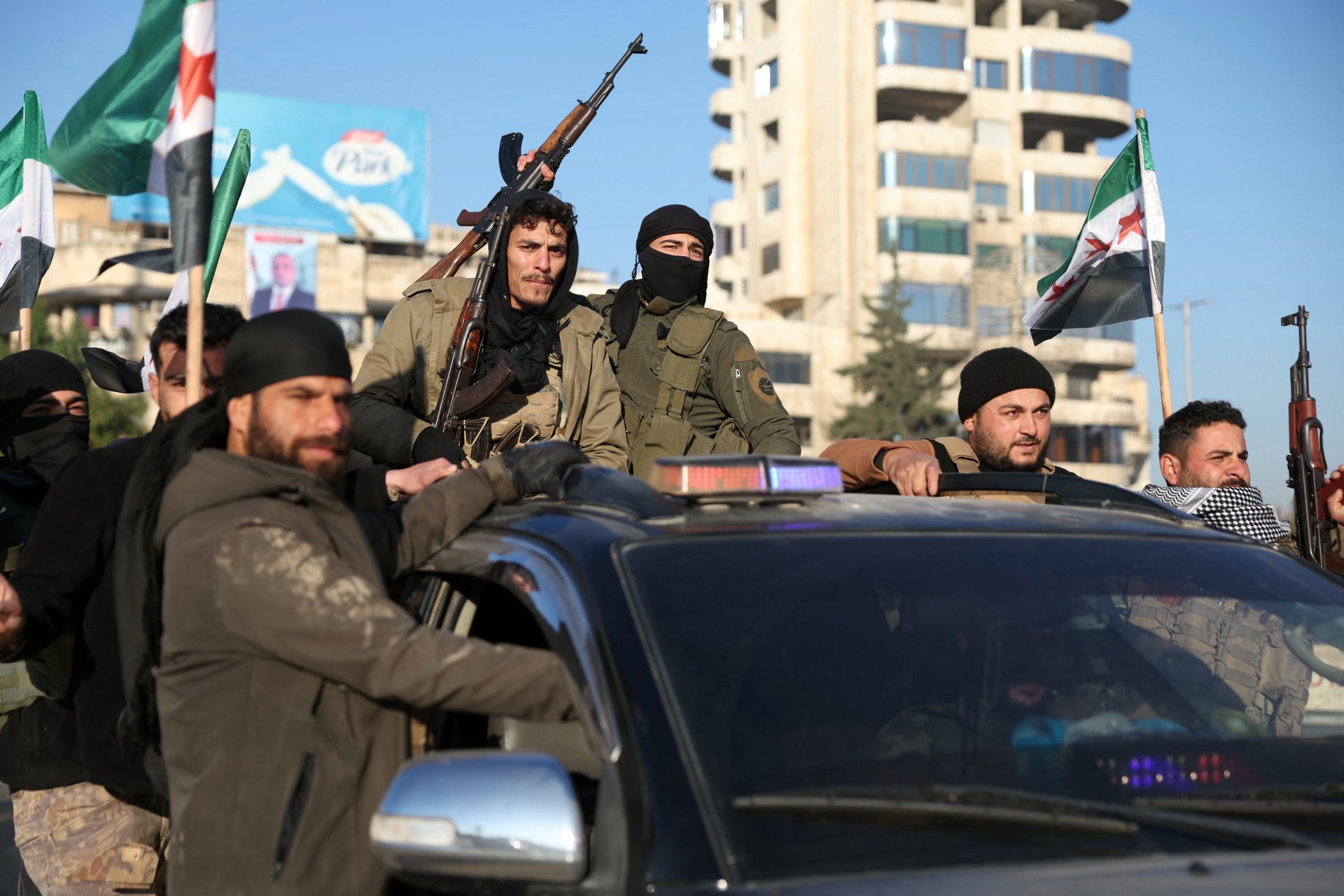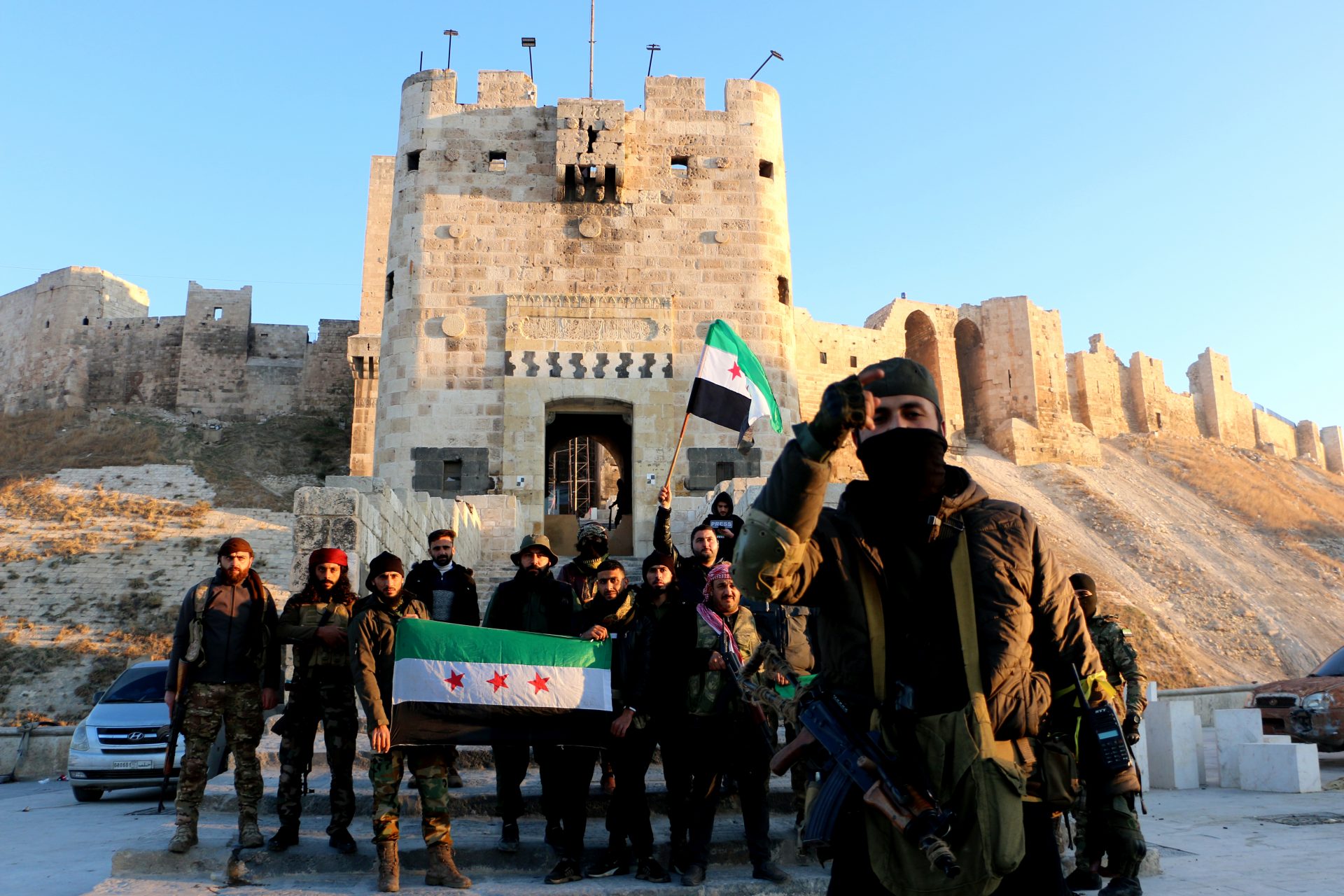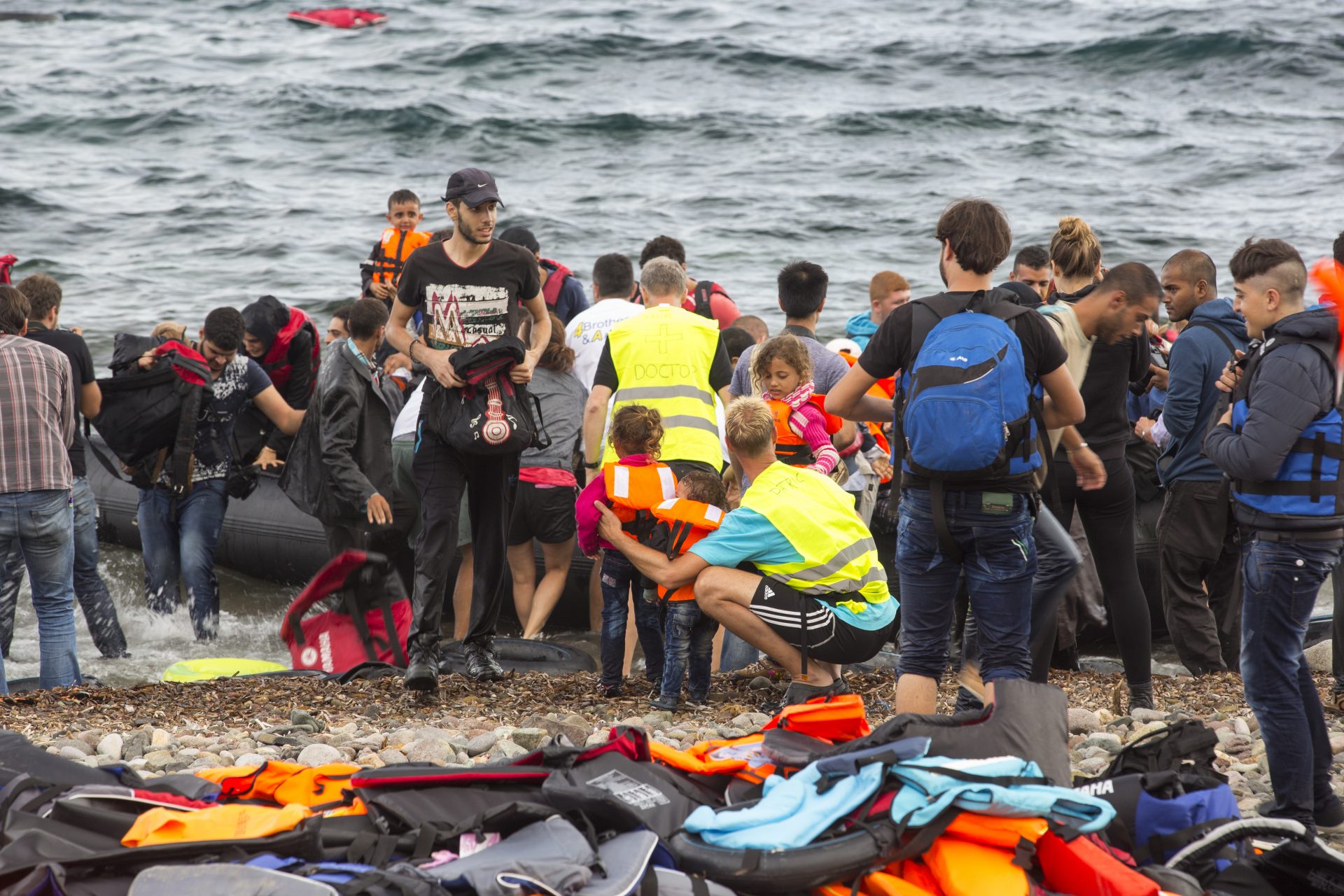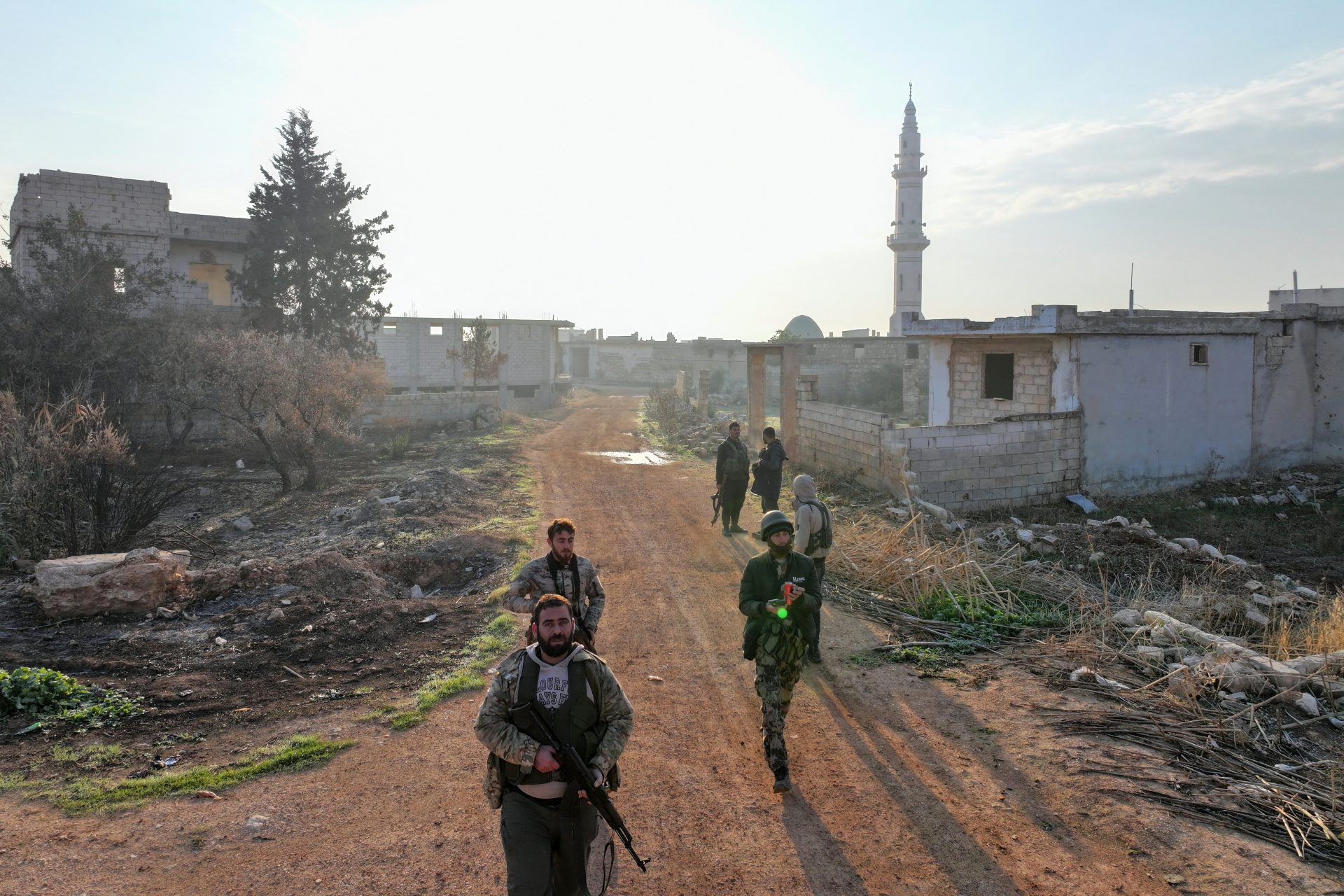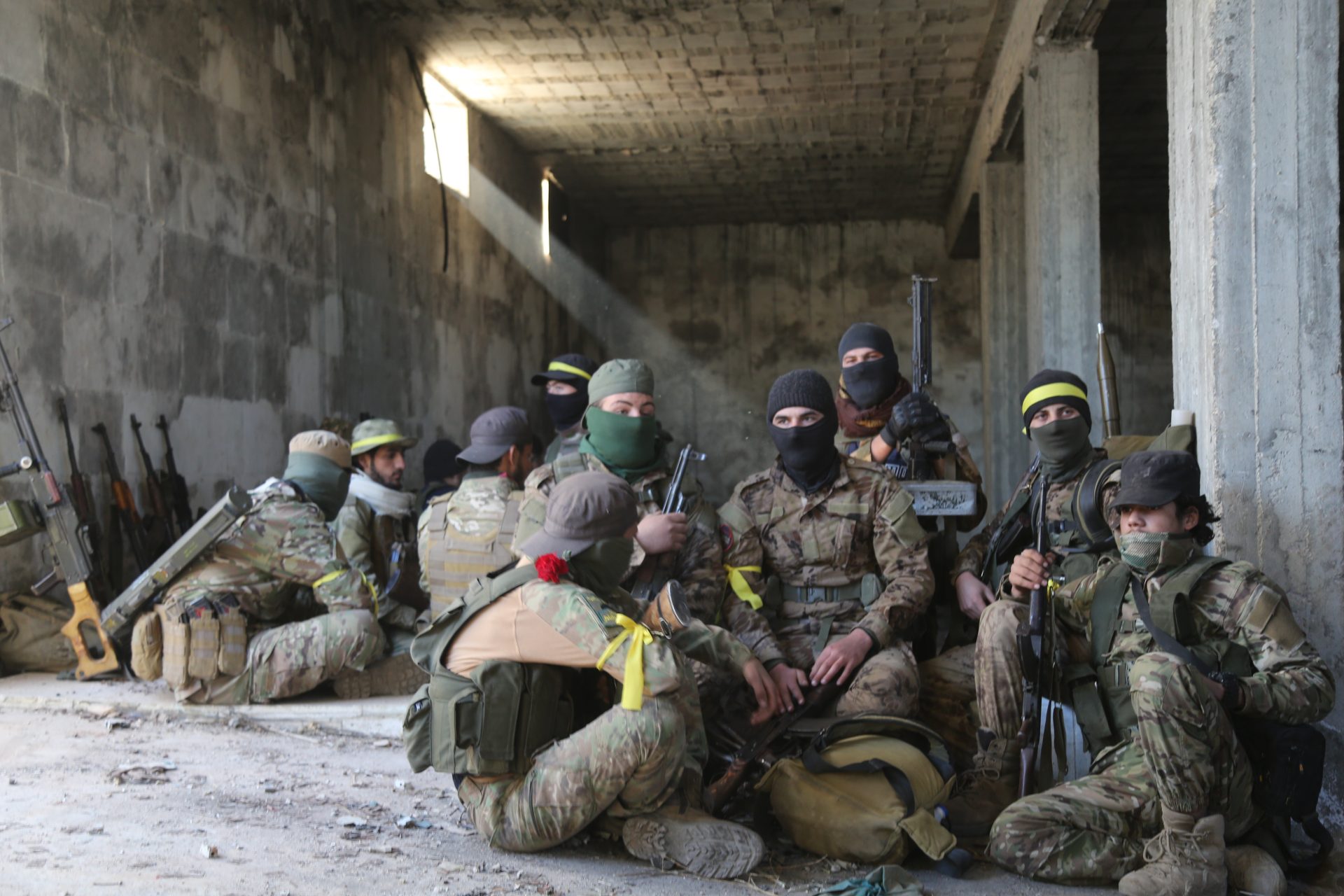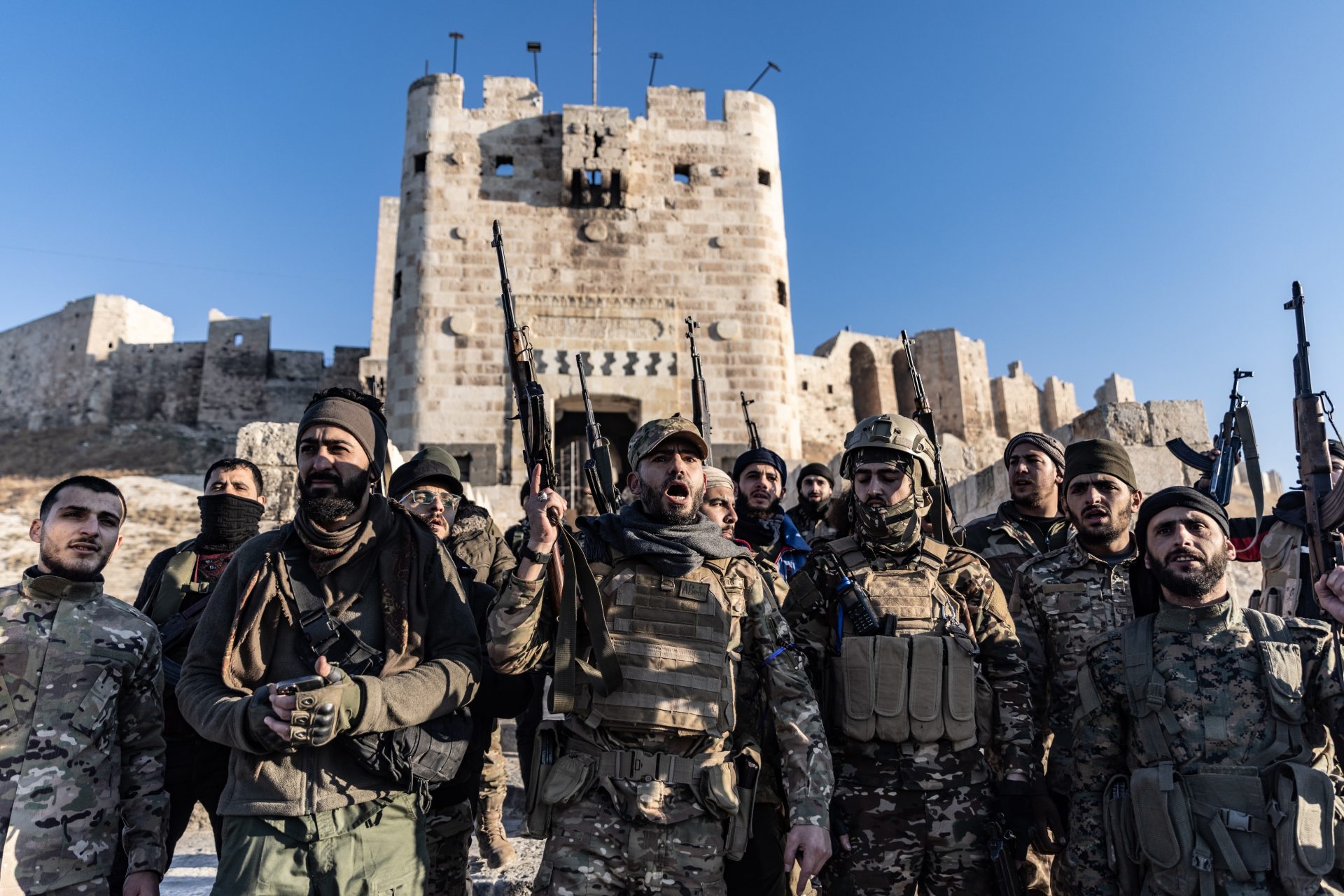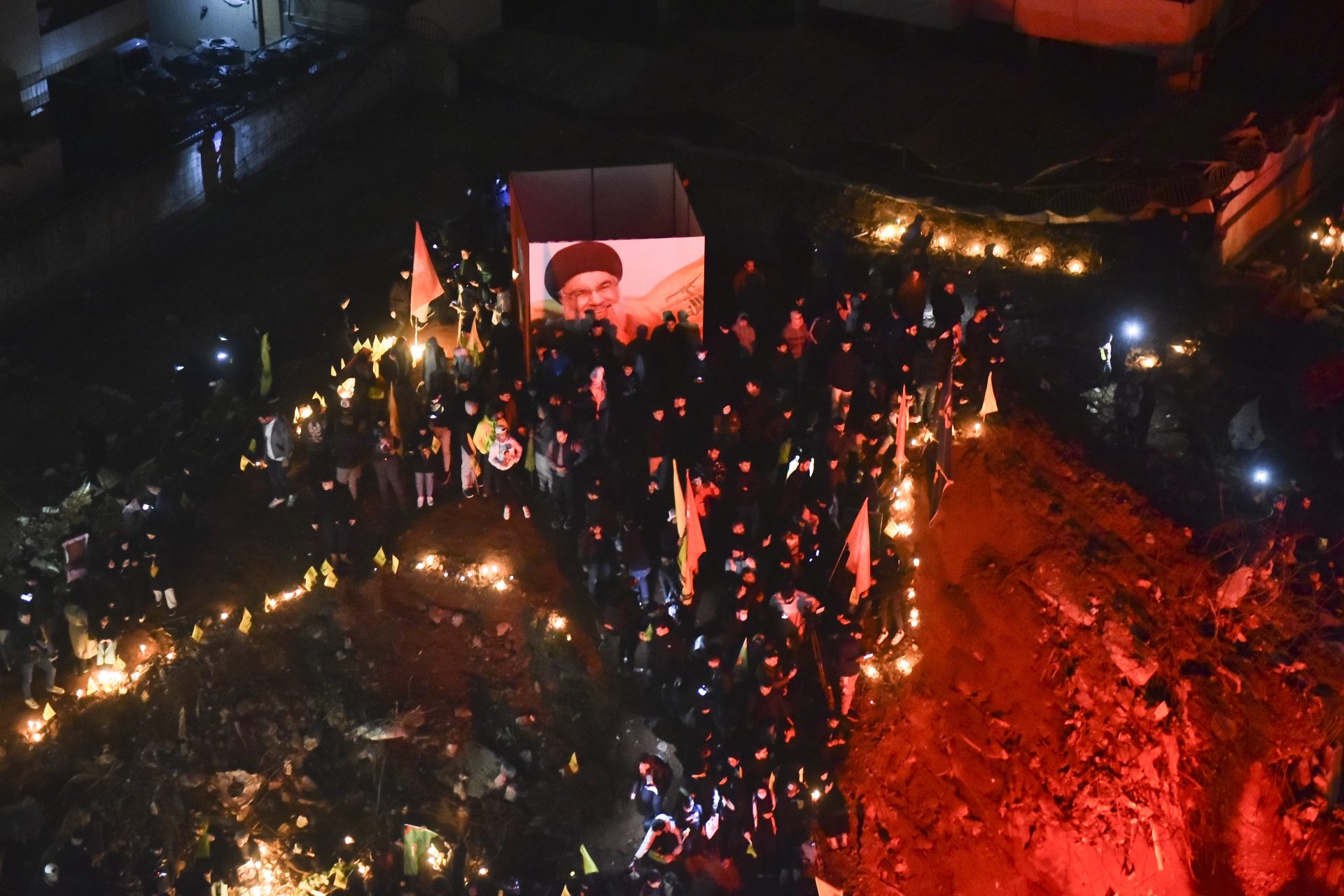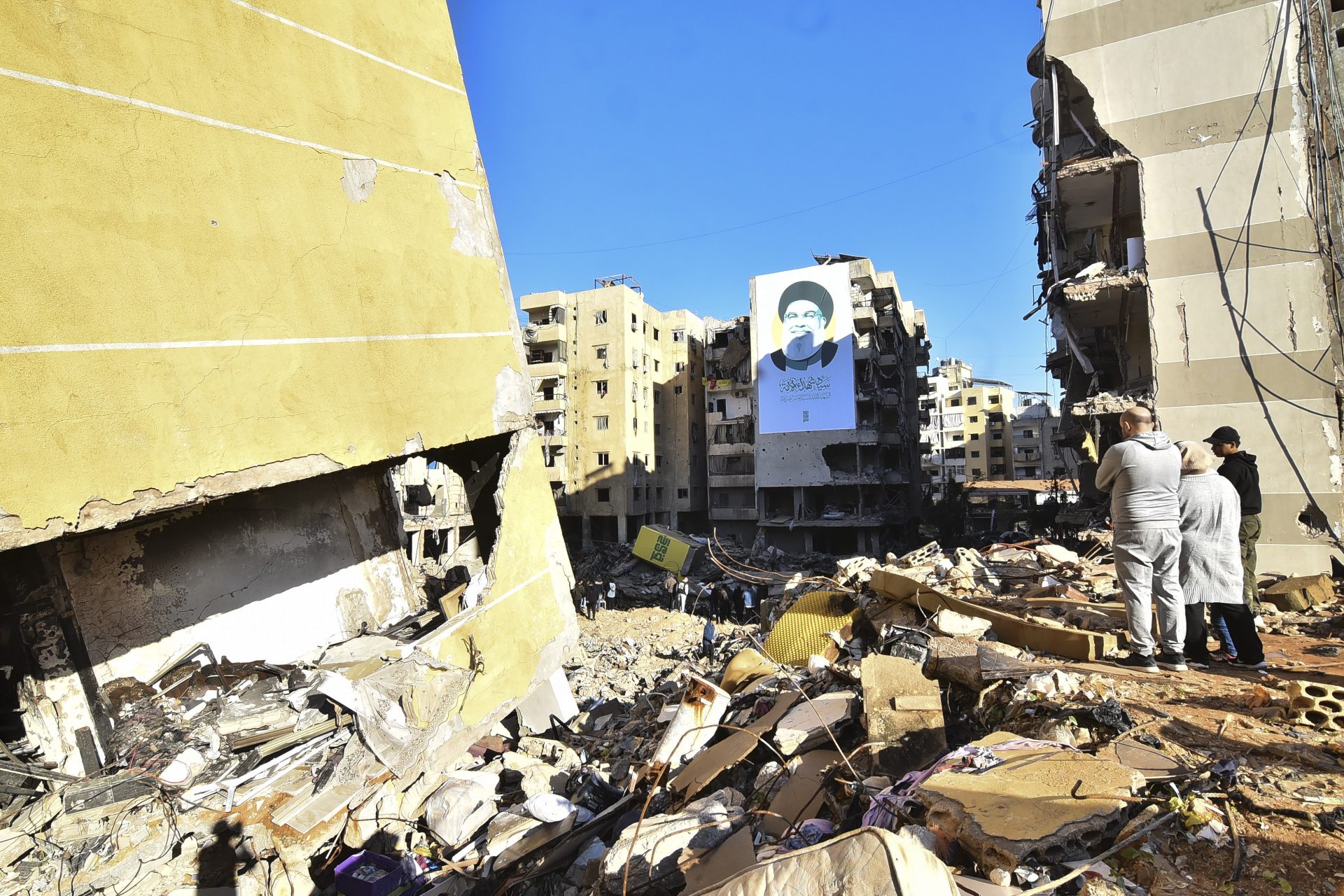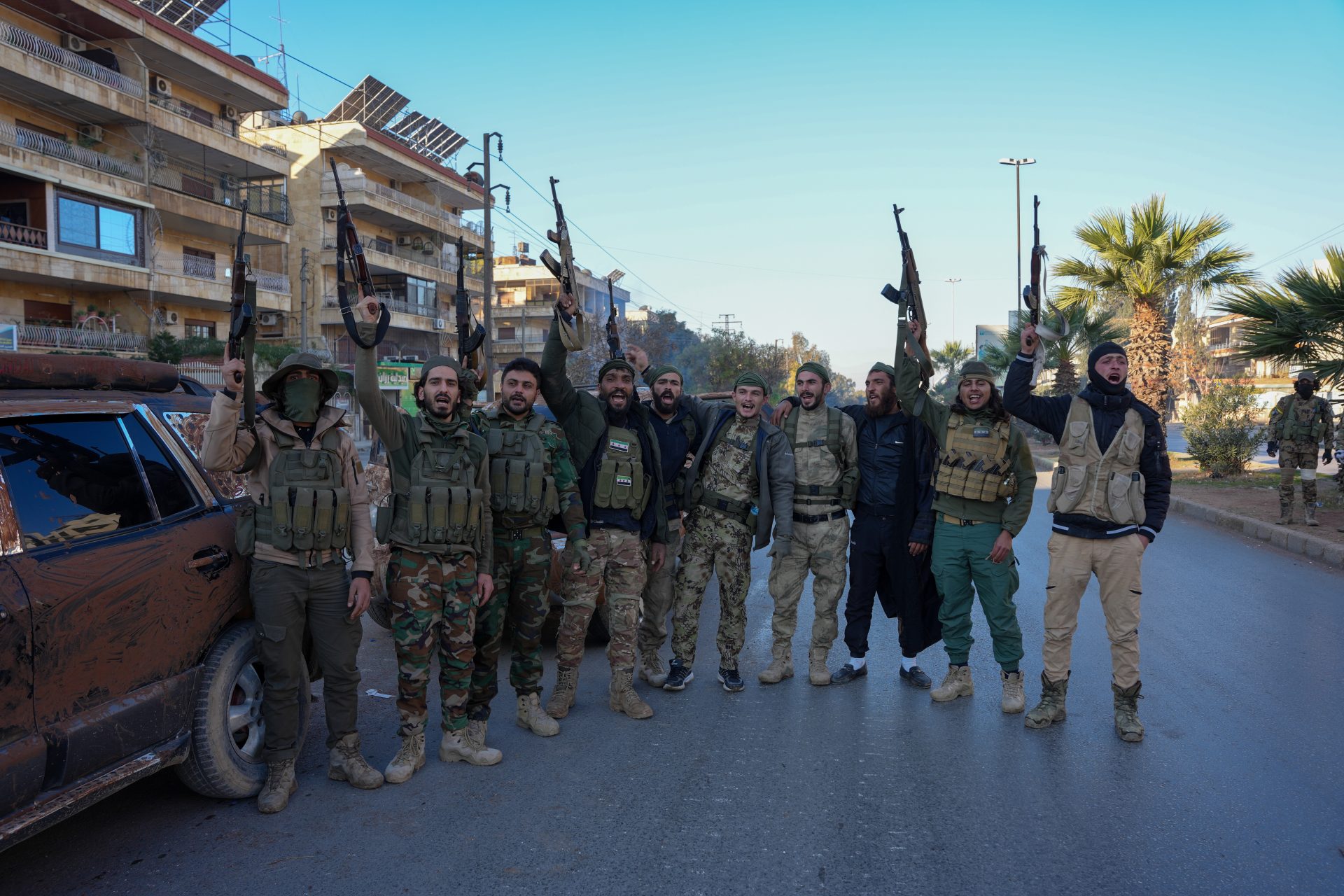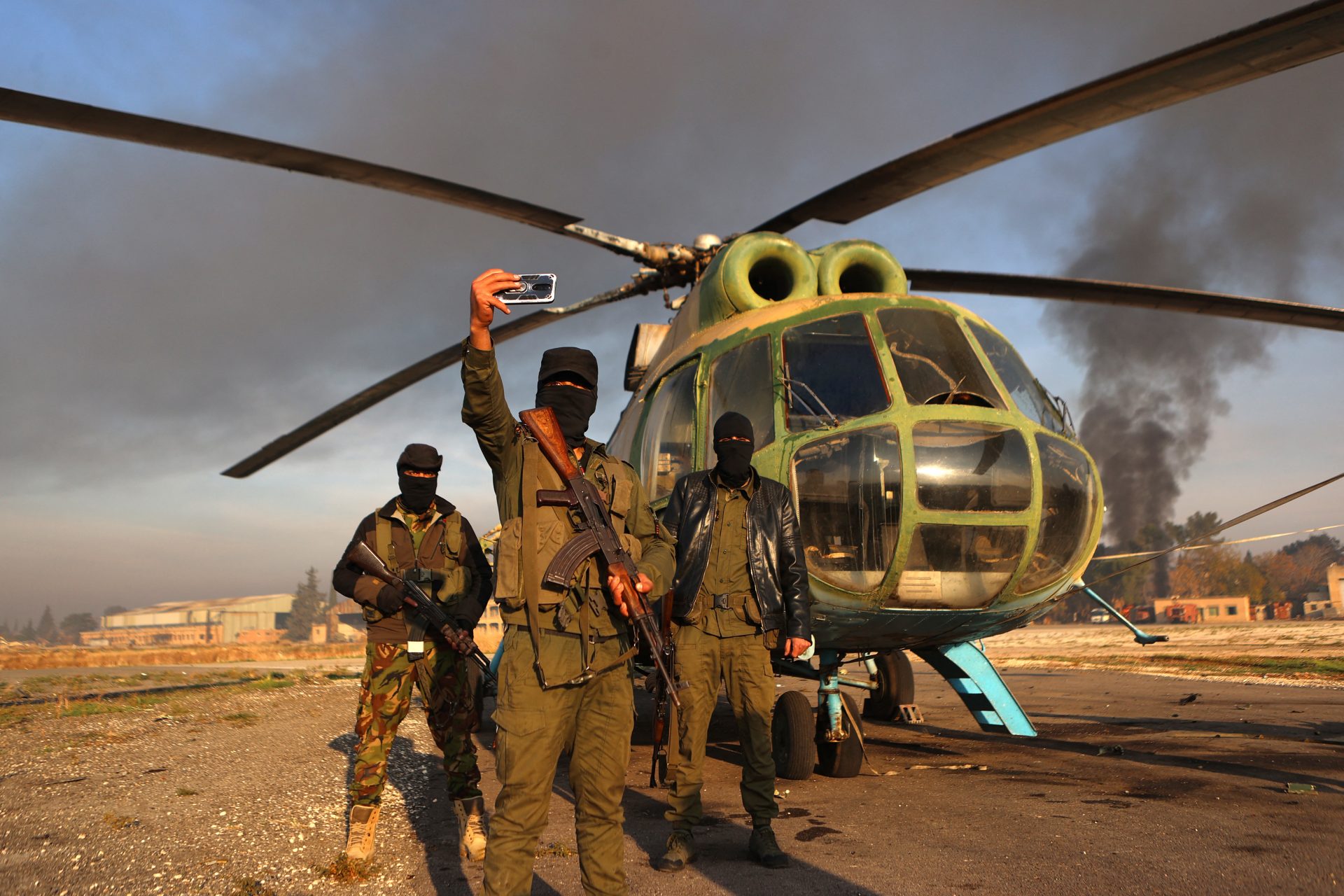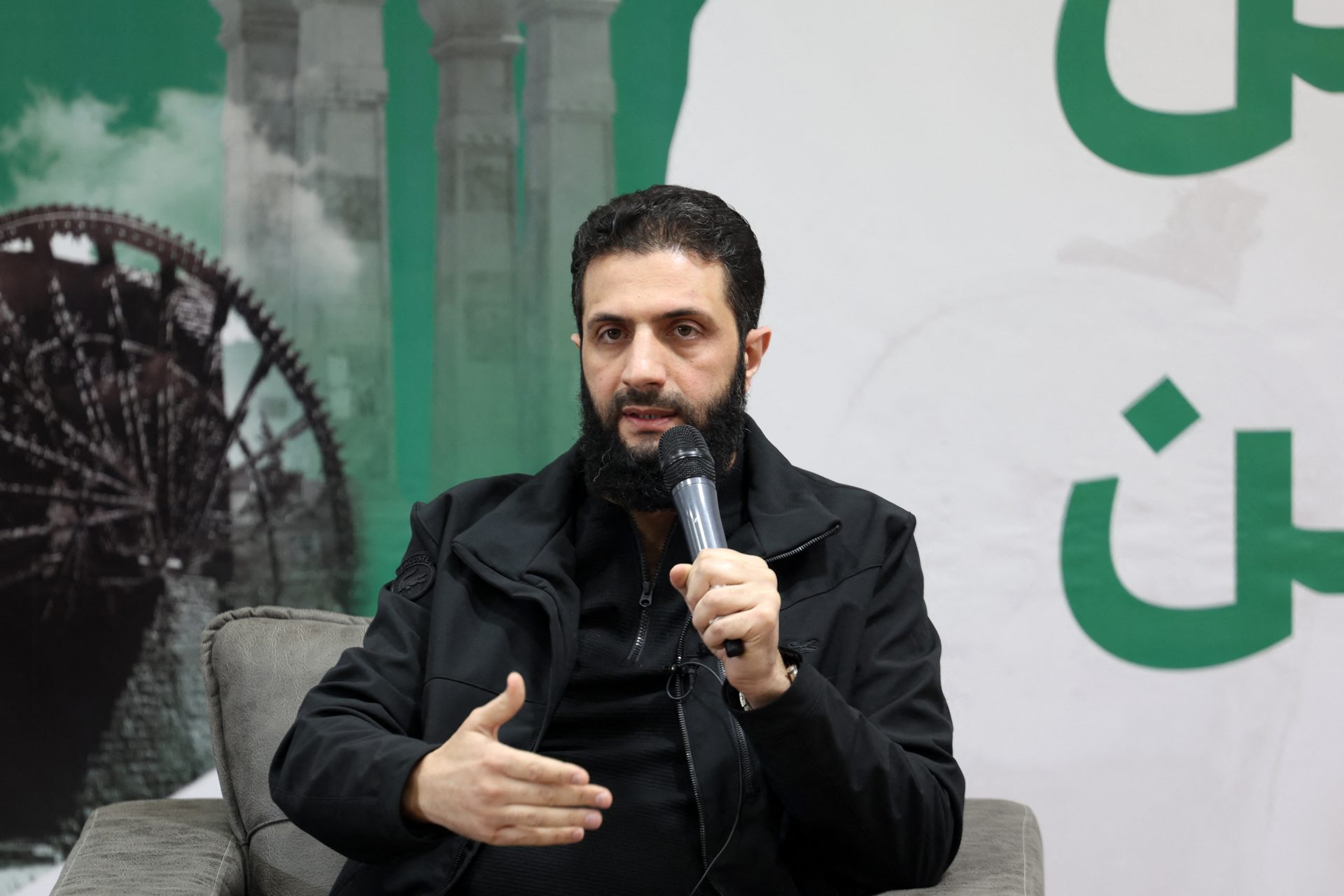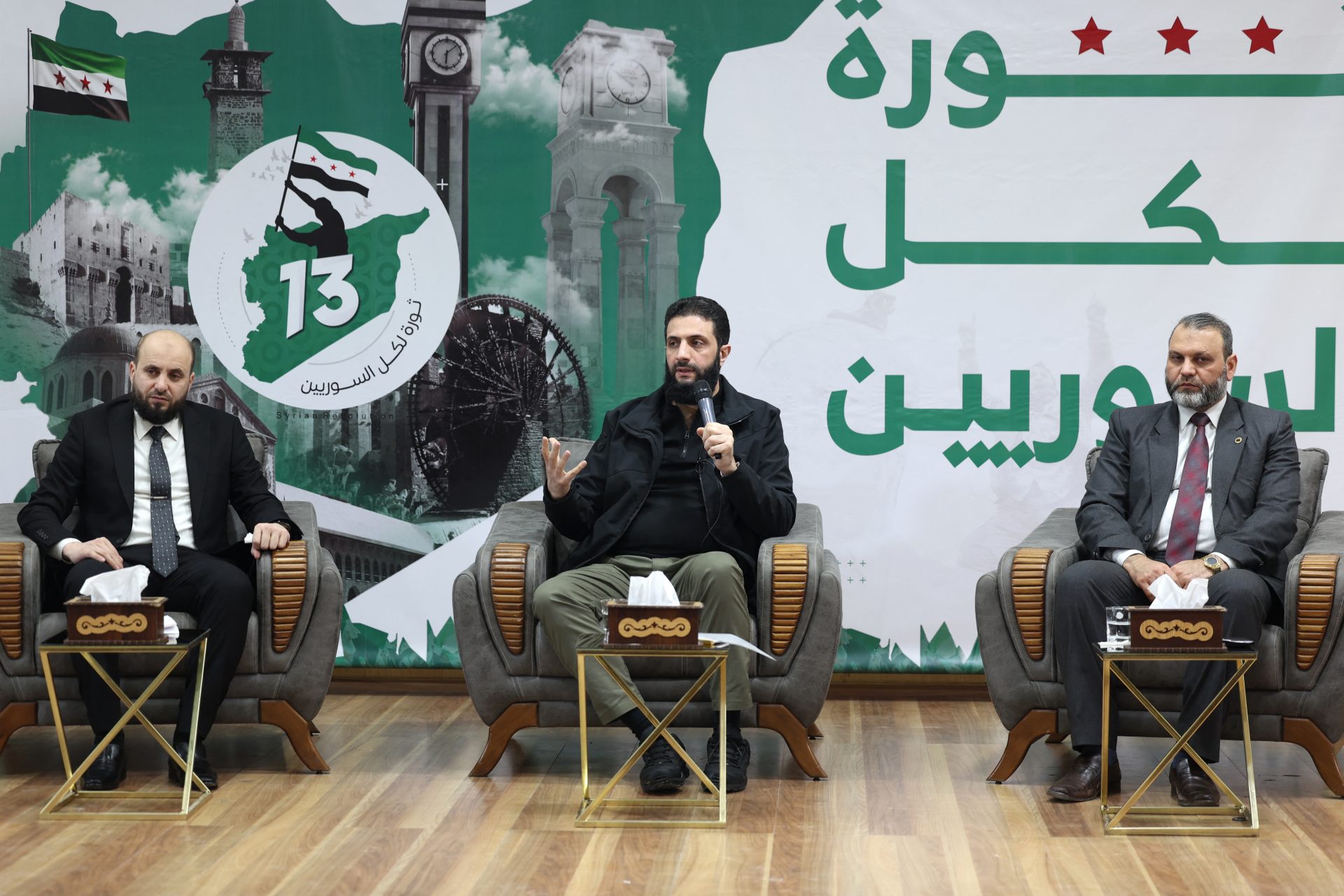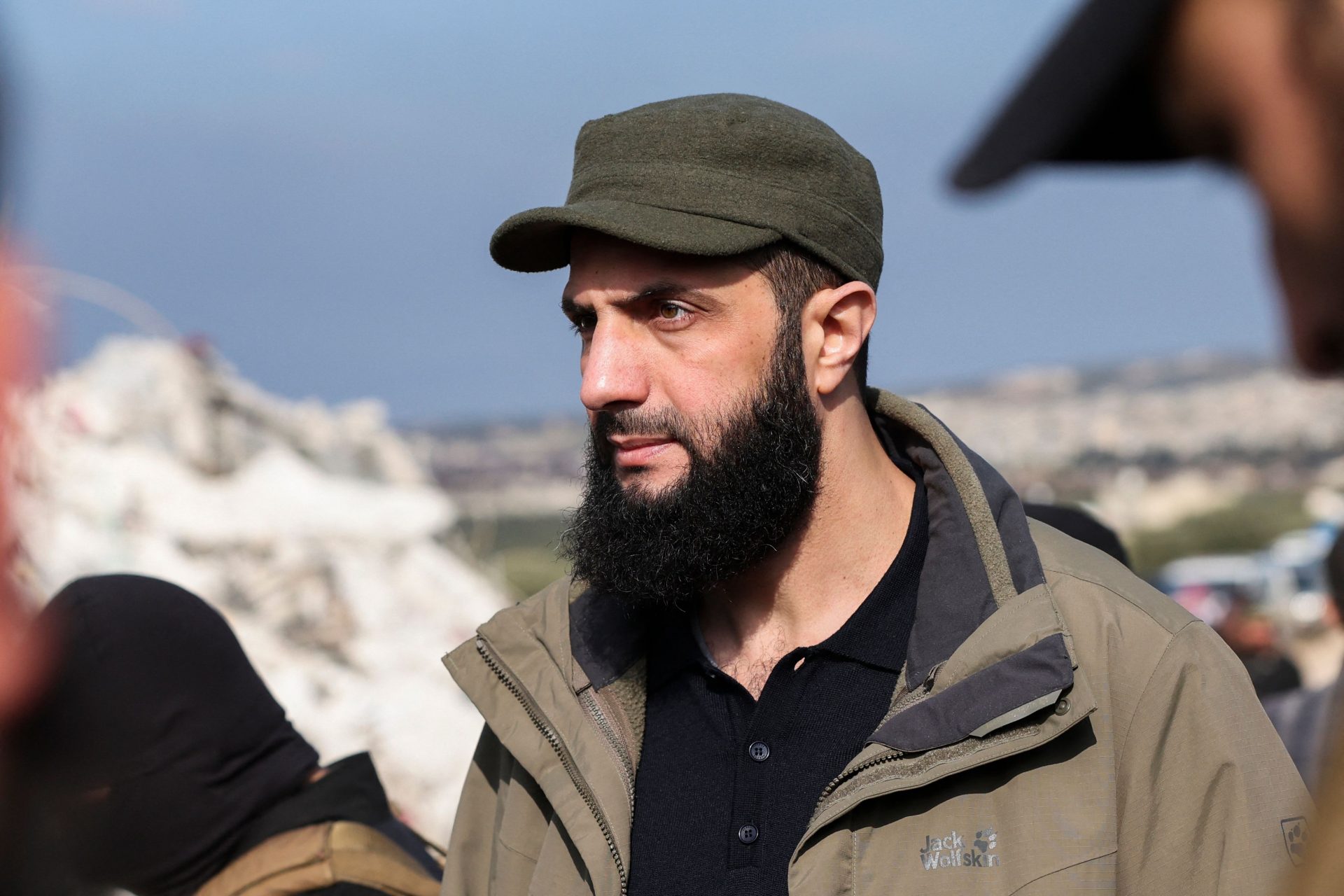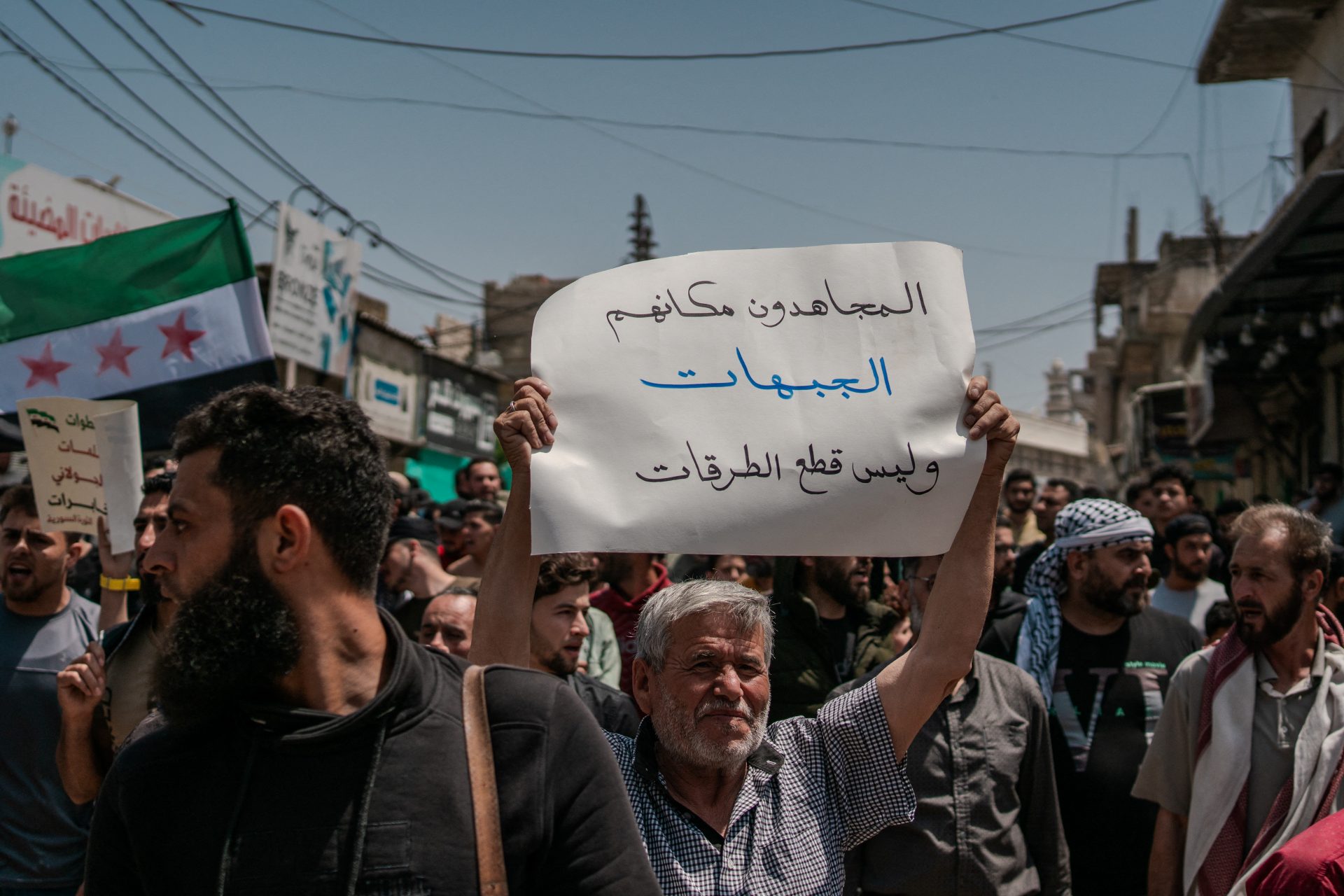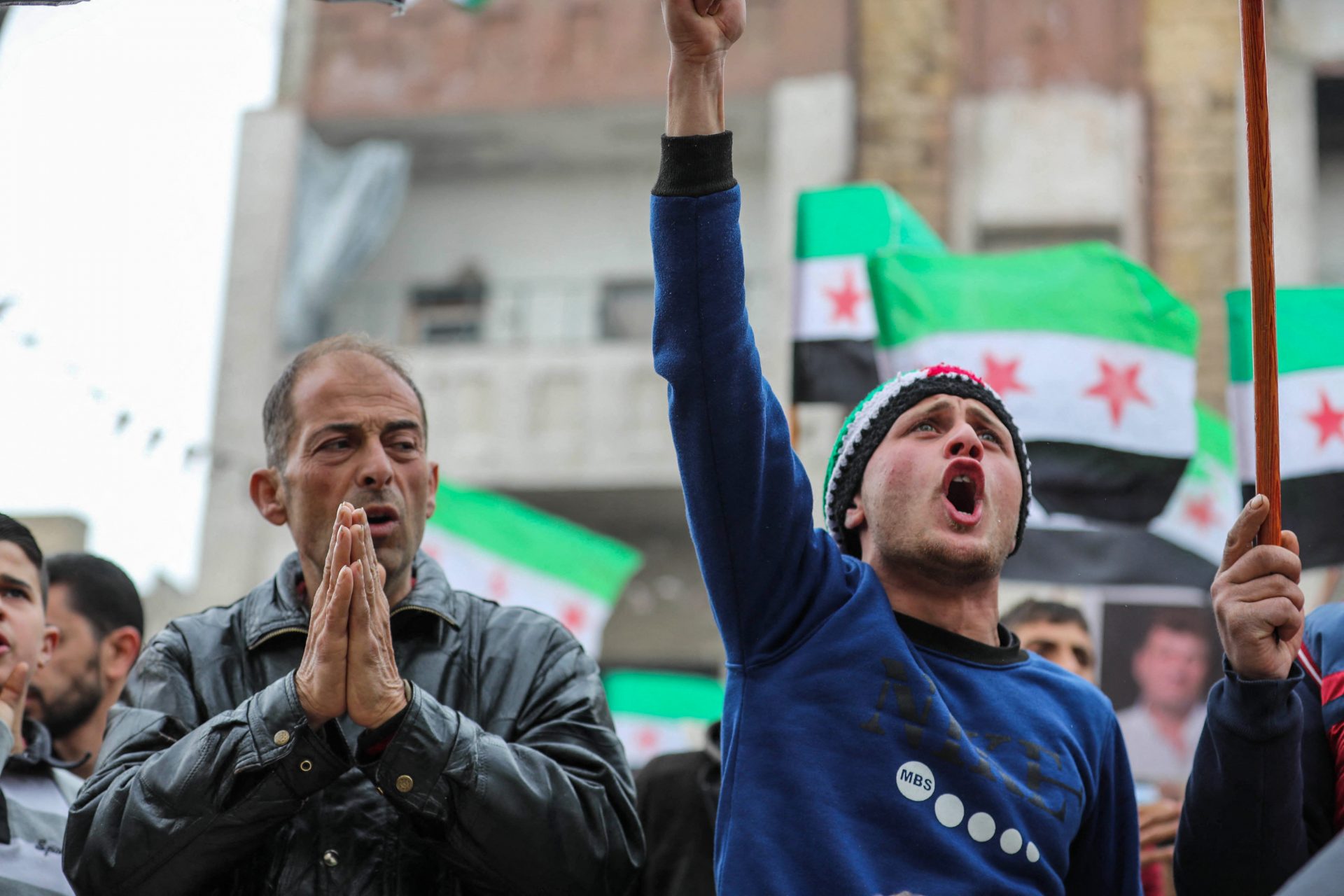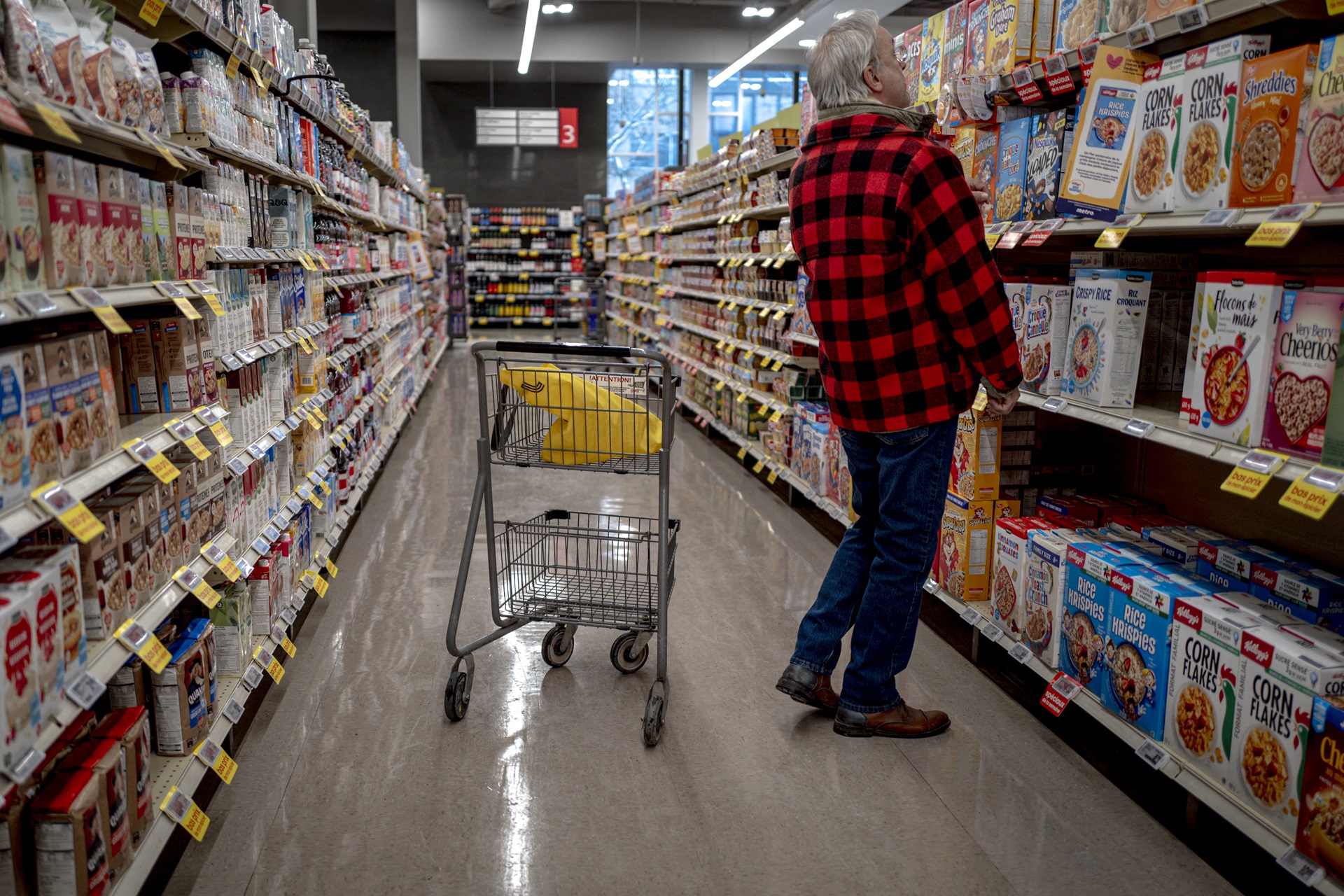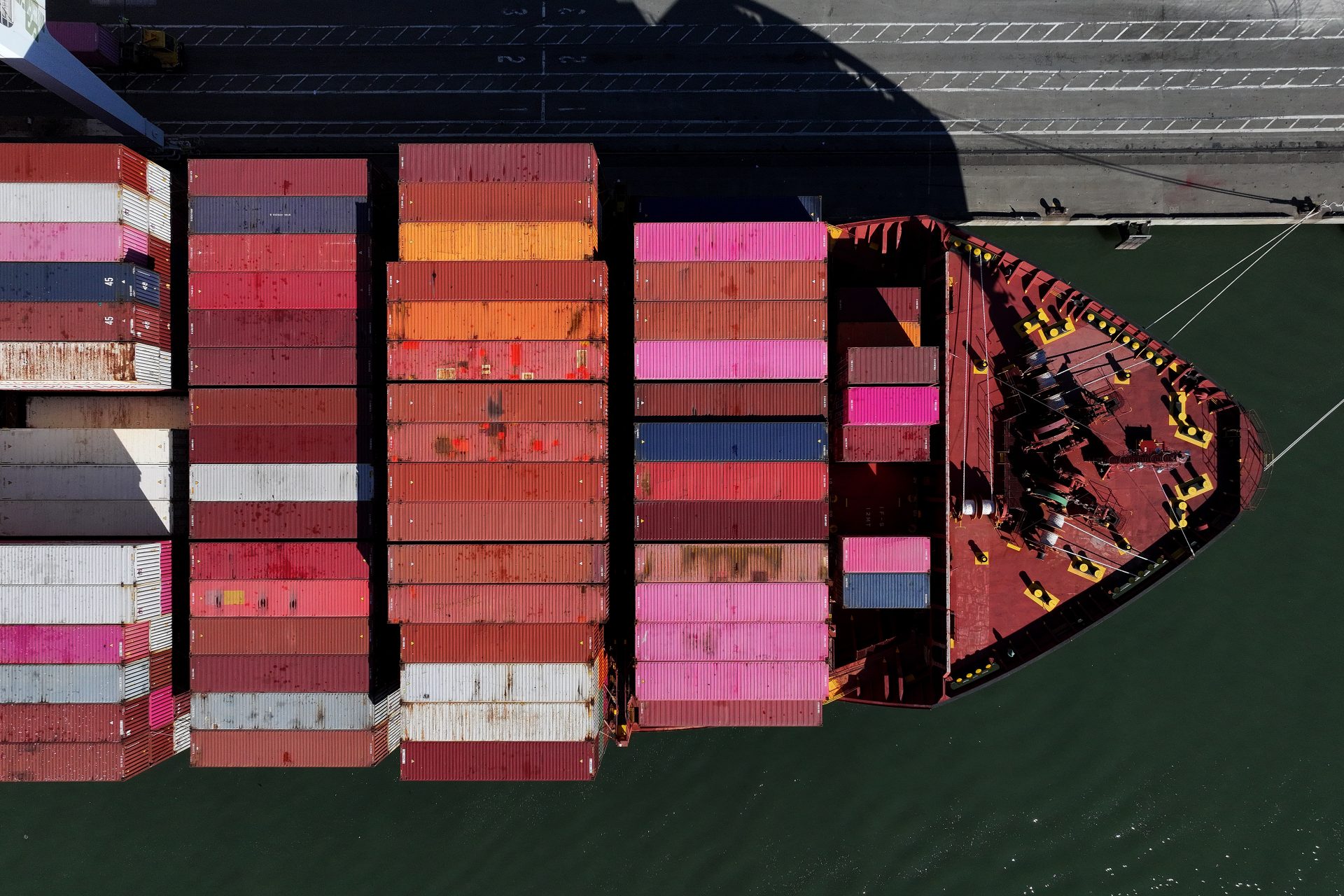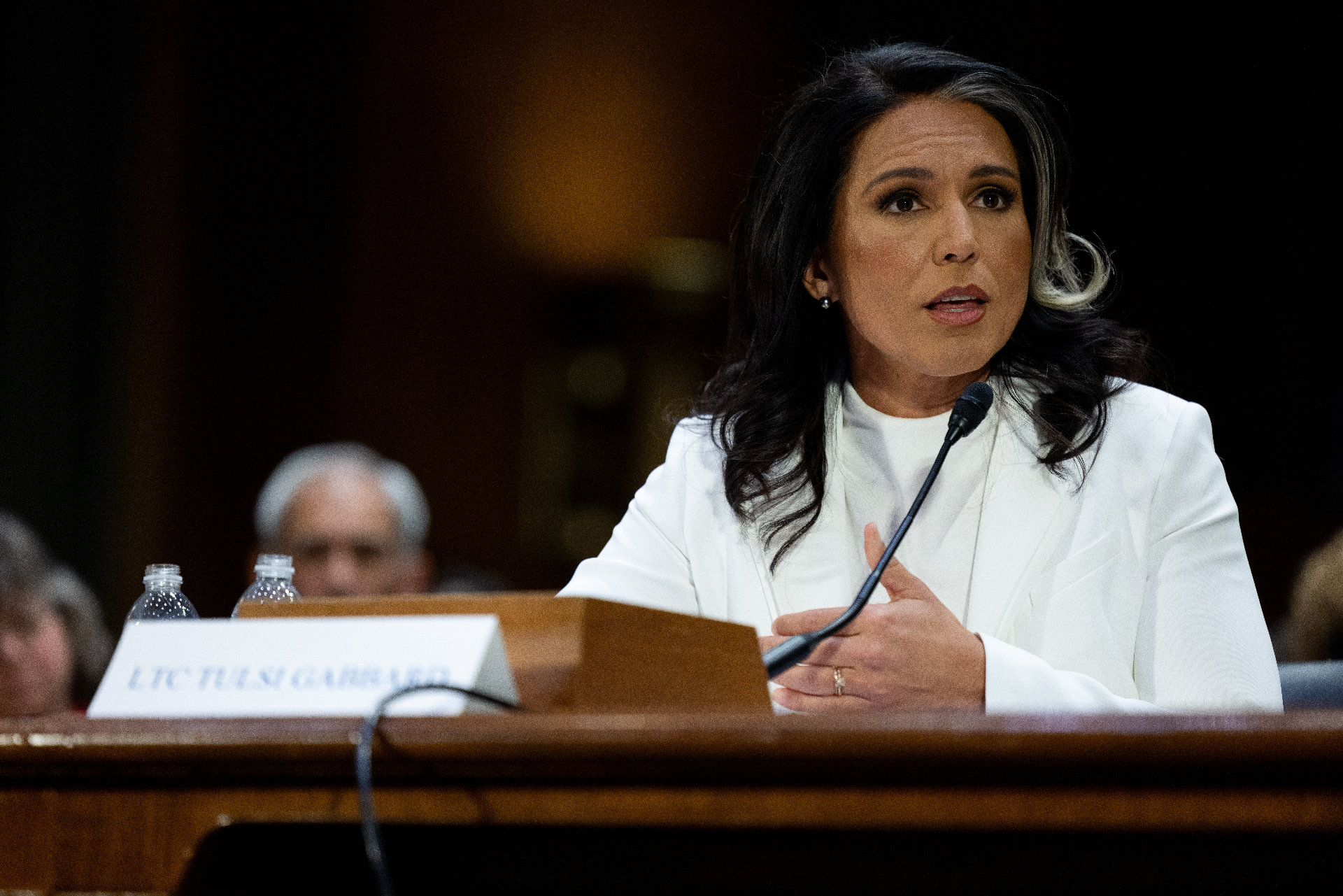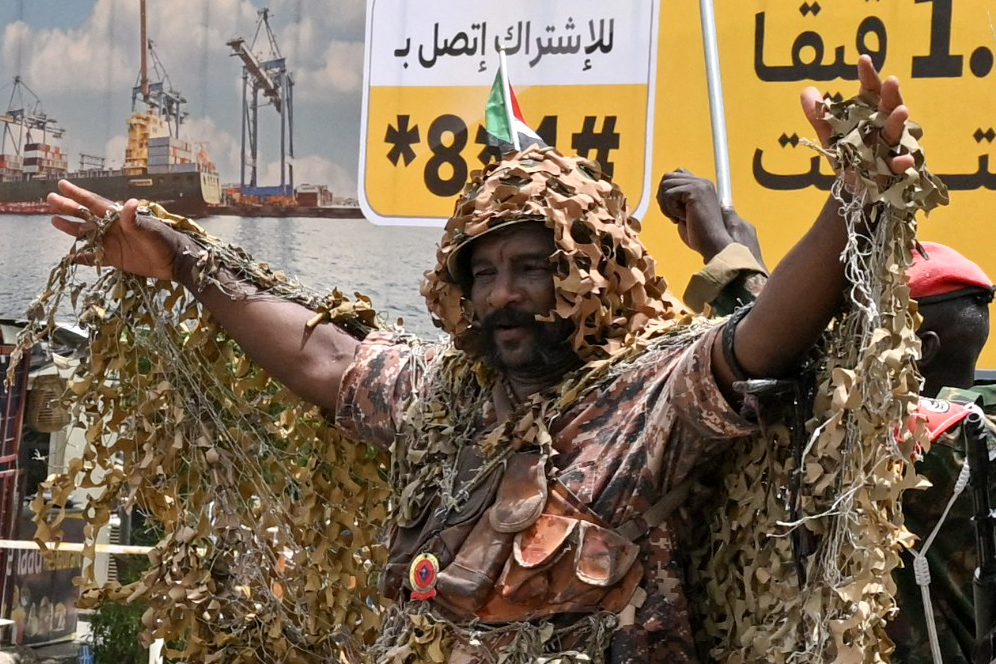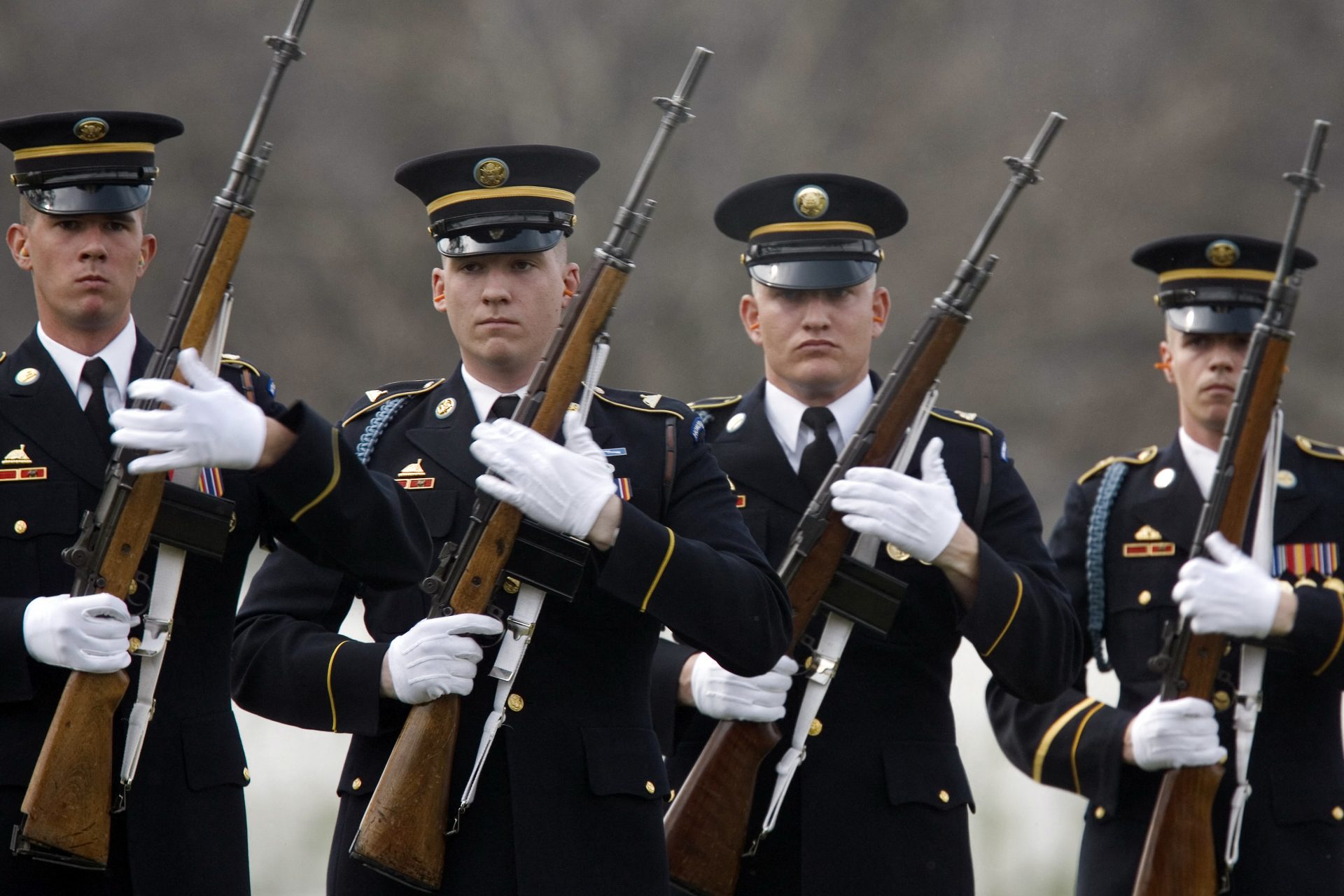Jihadist rebels seize perfect opportunity to reignite Syria's civil war
Jihadist rebels have seized the city of Aleppo, Syria’s second city, cutting off the highway to the capital, Damascus, and taking 100 sq km of government-ruled territory after years of an uneasy freeze on the country’s devastating civil war.
Taken by surprise, President Bashar al-Assad’s forces and Russian forces have responded by targeting the rebels with airstrikes.
But as Ibrahim Al-Assil, a senior fellow at the Middle East Institute in Washington DC, pointed out in The Guardian, “The actual battle hasn’t started yet.
“Assad might be applying an old strategy that worked for him before: withdraw, regroup, fortify, and counterattack. A key test for the rebels’ evolution will be to know when to stop,” he added.
Other experts fear that Assad may resort to using chemical weapons to defeat the rebels at a terrifying cost to human life.
So what has happened to reignite this country’s civil war which began back in 2011 with the Arab Spring and reached a stalemate in 2020 when Russia and Turkey brokered a ceasefire in the Idlib region?
While Assad regained 70% of the country, the rebels led by jihadist group Hayat Tahrir al-Sham (HTS) have been ruling around four million people in the Idlib in the northwest of the country for the past six years.
With their appetite for war far from satisfied, the HTS has been honing their fighting skills in the Idlib and building an arsenal that now includes modern technology such as drones.
Assad is now faced with a much stronger enemy than the one he pushed back with Russian support, starting with the repossession of Aleppo eight years ago.
Factor in the crisis in the Middle East; Assad could previously count on support from Iran, Lebanon’s Hizbollah and Russia to keep the rebels at bay.
But Assad’s regime, Iran and Hizbollah are reeling from Israeli attacks and Russia is embroiled in its own war with Ukraine, providing the rebels with an optimum window to strike.
Dareen Khalifa, a Syria expert at Crisis Group, told the Financial Times that the crisis in the Middle East was a “once in a lifetime opportunity” for the rebels.
“When else are you going to ever get the world, the US, Israel and everyone else going after their rivals?” he said.
The founder of HTS, Abu Muhammad al-Jolani, was once a member of the group that became the Islamic State in Iraq.
Previously affiliated with Al Qaida, HTS has been at pains to rebrand itself as a softer version of other jihadi groups.
Syrian analyst Malik al-Abdeh, said in the FT, “With Jolani it has less to do with ideology and more to do with power. He wants to do whatever it takes to put himself in power in Syria and has never hidden the fact that he wants to conquer Damascus.”
Meanwhile, Syrian civilians are caught between a rock and a hard place as they are forced to choose between the two alternatives.
According to Dr Haid Haid, a Syrian analyst at Chatham House, Syrians “are choosing between bad and worse”.
“For many people, they might not be happy with HTS in those areas, but they will sort of be satisfied with them staying if that means the alternative is the Assad regime,” he told the FT.
More for you
Top Stories




